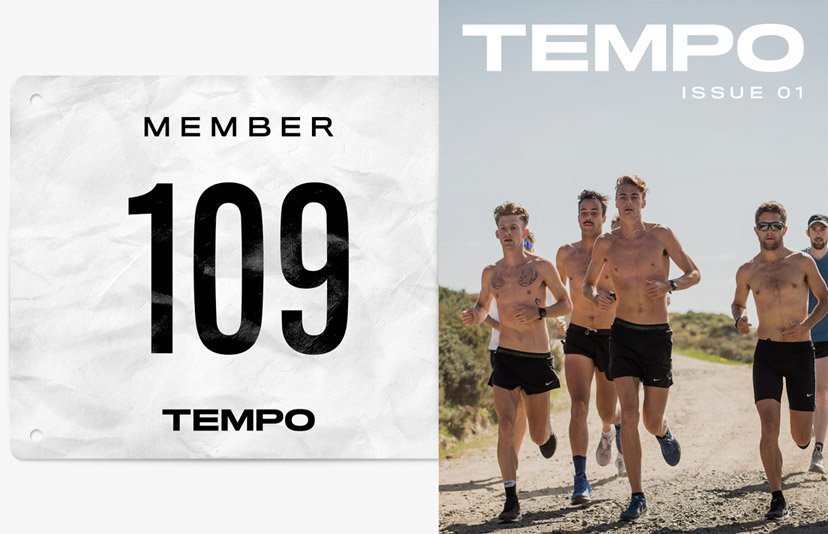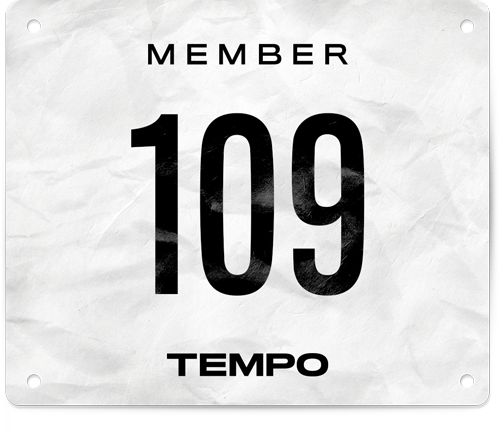Lifestyle
The value of a coach
More than a guide to better performance
Devotees to the sport of running will recognise Bill Bowerman as the quintessential running coach. For the less devoted, Bowerman was a war hero, co-founded Nike with one of his pupils (Phil Knight), and coached the University of Oregon track and cross country teams, among whom one of his star athletes was Steve Prefontaine. Hayward Field – the University of Oregon athletic track – is arguably the holy grail of athletics, and it is so because of the culture that Bowerman fostered there. Bowerman was iconic. He was eccentric – insisting on crafting his own shoes for his athletes. He was articulate and well quoted in coaching and running circles. He was a wise man. One of his most beautiful quotes was this:
“The real purpose of running isn’t to win a race, it’s to test the limits of the human heart”.
In a competitive running career spanning across three decades, I myself have had four coaches. I have spent many years preoccupied with performance. Trying to run fast, win races, and qualify for major events such as the Olympics. Of course, my coaches have played a critical role in guiding these endeavours, and I am grateful for that. But the most important roles they have played have had very little to do with performance.
Bowerman spoke of running as a vehicle for testing the limits of the human heart. Perhaps he meant the physiological heart…how fast it could beat, how much blood it could pump. But perhaps he also meant the one housing our essence, our identity, our spirit. Who we are.
Perhaps you’re a runner with performance based goals. Perhaps you’re running towards better physical and mental health. Perhaps you’re a runner for the sake of being a runner…of feeling alive, of being your best self. Whatever your game, here’s where a coach can have impact beyond performance, and beyond the run.
A coach can show us the way to negotiate the interface between mind and body. When prescribing a run, a coach is able to manipulate time, distance, effort, and the amount of time between runs. The explicit purpose of this is to train the body to perform. But the implicit purpose is to regularly introduce a runner to the interface between mind and body. That uncomfortable place, where sometimes running isn’t easy. That place where the mind begins to preside, and dictate our next move. That place where we get to know ourselves. What we’re capable of, what we do when things get difficult. The decisions we make when the body says one thing, and the mind wants another. At the risk of over-quoting Bill Bowerman, “everything you need is already inside”.
This uncomfortable place is a delicate one.
It needs to be nurtured with love. A good coach ensures plenty of recovery time between our visits to this place. To the pain cave. To our limits. A good coach recognises visiting this place requires all our strength. A good coach recognises that the strength to negotiate the interface between mind and body comes not just from regularly visiting this place, but visiting other places that strengthen the mind to wrestle the interface. Easy runs, runs with friends, runs in beautiful places, runs with a reward at the end (maybe a group Sunday run ending with coffee and brunch).
And while regularly visiting this place allows us to get better at pushing our physical limits, and being our best physical selves, it inevitably teaches us a thing or two about our mental and spiritual self. How our mind negotiates. How our mind trusts or distrusts. And how we can harness our mind to be our best selves outside of the run.
A coach can act as a beacon of trust. Be it running or any other relationship or endeavour, life forces us to decide between light and dark. Through running, darkness can present in many different ways. It can be the lack of confidence in our abilities when we line up for a race. It can be the overwhelming urge to skip the run after work because you’re tired. It can be the anguish of deviating from a scheduled hard session because of a niggle or illness. It can be the overwhelming urge to run faster than is necessary, because harder is always better (note: it is not!).
In realms outside of running, there are many ways we tackle darkness. For some, it is a spiritual faith, for others it is the poignant words and advice of a self-help book. Wherever darkness shows, part of how we face anxiety and uncertainty is with trust. Trusting the universe is some heavy shit, and often easier said than done. But simply learning to trust one person is a good place to start, and a coach can be such a person. The act of trusting is an acknowledgement that we don’t have control over everything ourselves. This is a reality we can all face at some point.
A coach is not only someone you can learn to trust and who can act as an objective adjudicator over running-related decisions, but can be a vehicle to learning to trust; learning to acknowledge the uncertainty of the world; learning that we don’t get very far anywhere in this world without the help of others; learning to trust the universe outside of running.
At the risk of completely ignoring the performance-related benefits of a coach, it would be remiss of me not to mention the role a coach plays in optimising our performance. Guiding the way to a personal best – be that time, distance covered, days run, or something else.
When a personal best is reached, the reality is we have come to the limits of our previous self, surpassed it, and set new limits. A new realm of capacity. What we previously defined as self fundamentally changes.
Irrespective of how big a role running plays in your life, when you achieve a personal best, the fabric of self-identity expands. You are more than you were before, even if only by the slimmest of margins, or in the most miniscule domain of your life. That pursuit of the personal best inevitably changes how we view ourselves and what we are capable of, and has the capacity to encourage our best outside of running. That personal best starts with trust, involves a negotiation between mind and body, and is infinitely easier with the helpful hands of a coach.
And perhaps most importantly, a coach can foster a sense of joy from running. Maybe even help you fall in love with running. Here’s where you’ll have to trust me. All my fellow running coaches out there…IYKYK.
All running coaches love running! There is no two ways about it…a coach answers the call to coach first and foremost because they fall in love with the run. If you run without a coach, and you’re searching for a little more joy on the run, a coach is a great place to start. My first coach, Tom, fostered my own life-long love of putting one foot in front of the other, exploring new trails, and pushing my physical and mental limits in search of identity. In each of my coaches since Tom, I have found someone who believes in me. Who backs me. Who creates an environment of other like-minded runners, that over a lifetime, I have come to call my people. An endeavour and people with whom I have experienced joy, completely independent of performance. People and experiences that I would never have found without the passionate and loving guidance of a coach…
Just as Bowerman proclaimed, I have certainly tested the limits of my own heart through a lifetime running. Love after all is the matter of the heart, and I am grateful to my coaches for helping me to explore those limits.


